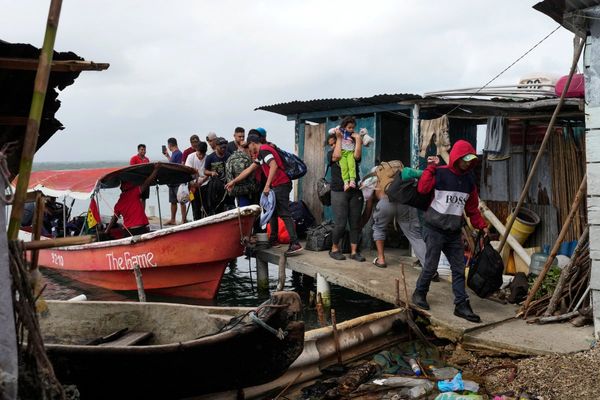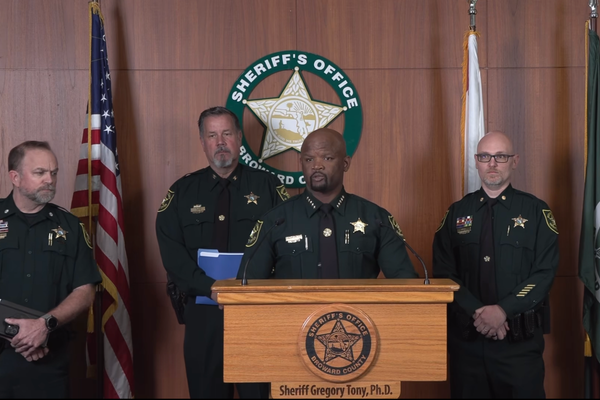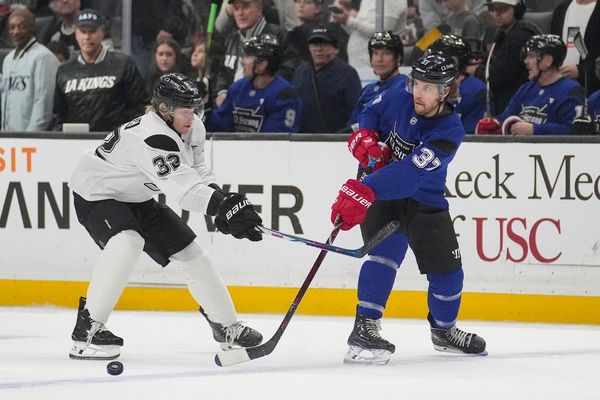
I will explain this carefully. Brett Finch, a 41-year-old former NRL player, pleaded guilty to one count of using a carriage service to transmit or publish child abuse material. He had engaged in seven conversations on an online messaging platform frequented by paedophile predators, where he shared fantasies about wanting to have sex with young boys.
Finch told District Court judge Phillip Mahony that his “depraved” messages were deliberate lies. He said he was addicted to cocaine at the time, and concocted a “plainly absurd” plan to go on the platform because he thought it would be a good way to find other drug users, making it easier for him to source supply for himself. He didn’t ask for, or mention, drugs in any of his messages.
The judge accepted Finch’s story and his protestation that he has no sexual interest in children. He also considered of relevance the fact that Finch’s offending did not involve any actual children, and that he has insight into his drug addiction.
Consequently, the judge handed Finch a two-year “sentence in the community” under conditions including that he continue seeing a psychologist. Unless he steps out of line, he will do no prison time.
It’s legitimate to raise an eyebrow at the plausibility of Finch’s explanation, but we are obliged to accept the factual findings of the court. The judge was in a position to make them, and we were not. So that is the end of that part of the conversation.
However, what does accepting it say? To the community, to predators and to their victims?
The notion that any action related to child sex abuse material can ever be victimless is abhorrent. I’m sorry, but “actual” children were or will be hurt by Finch’s actions. The paedophile world is a constantly running sewer, populated by subterranean beings who are sociopathic, predatory, opportunistic and pliable.
These platforms and networks exist because these creatures encourage, inspire and enable one another. They share, constantly, in massive volumes of gross depravity. The psychological mechanics of this sexual offending are well known. They involve risk-taking, addictive behaviours. It is wrong to suggest that you can pick out any single act from this fetid swamp of inhuman degradation and say, “Oh, this one is harmless.” It isn’t. Ever.
The thing about child sexual abusers, as Grace Tame has been shouting very loudly for two years now, is they don’t just groom their victims; they groom everyone. They operate without shame. That must be so, because nobody with a microgram of shame would sexually abuse a child. They exploit our ambivalence in believing this horror could exist in our ordered world, and our unwillingness to believe children.
These vile men work us over, co-opting the institutional environments in which they thrive. They are insidious. When caught out, they lie, pretend, feign and distract. They manipulate us into diminishing their violations, blaming their victims, accepting their crap like it has some credibility.
If this is the law — that a man who consciously participated in the creation and sharing of child abuse material, adding to the ever-growing mountain of that material, gets a non-custodial sentence because he didn’t really mean what he was writing, and that is seen as an appropriate outcome — then the law is failing the victims of child sexual abuse.
I’m not a crime and punishment advocate. I don’t believe prison rehabilitates anyone, and I don’t believe in mandatory sentencing. But working with child sexual abuse survivors has made me realise there is no hope for their abusers — and that we, as a society, are not taking their crimes seriously enough.
These men exist. They’re not monsters of our imagination or, more particularly, our children’s. Our tolerance of their crimes is overdue for a reckoning.
Survivors of abuse can find support by calling Bravehearts at 1800 272 831 or the Blue Knot Foundation at 1300 657 380. The Kids Helpline is 1800 55 1800. In an emergency, call 000.







